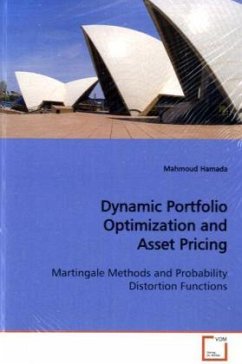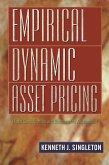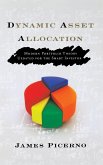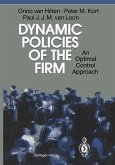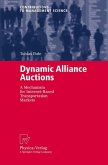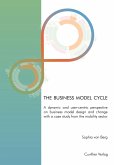This monograph consists of three contributions to
financial and insurance mathematics.
The first part considers numerical methods for
dynamic portfolio optimization in the expected
utility model. It compares the martingale approach
to stochastic dynamic programming and provides new
theoretical results relating to the Hyperbolic
Absolute Risk Aversion class of utility functions.
The second part considers the pricing of contingent
claims using an approach developed and applied in
insurance. It shows that the risk-neutral valuation
can be recovered from the probability distortion
function approach, thereby establishing consistency
between the insurance and the financial approaches.
The third part introduces dynamic portfolio
optimization with risk measures based on probability
distortion functions and provides a formal treatment
of this class of risk measures. It employs the
martingale approach to examine the consumption-
investment problem in discrete time with preferences
consistent with the dual (non-expected utility)
theory of choice, where subjective probabilities
rather than outcomes are distorted to express the
investor's risk aversion.
financial and insurance mathematics.
The first part considers numerical methods for
dynamic portfolio optimization in the expected
utility model. It compares the martingale approach
to stochastic dynamic programming and provides new
theoretical results relating to the Hyperbolic
Absolute Risk Aversion class of utility functions.
The second part considers the pricing of contingent
claims using an approach developed and applied in
insurance. It shows that the risk-neutral valuation
can be recovered from the probability distortion
function approach, thereby establishing consistency
between the insurance and the financial approaches.
The third part introduces dynamic portfolio
optimization with risk measures based on probability
distortion functions and provides a formal treatment
of this class of risk measures. It employs the
martingale approach to examine the consumption-
investment problem in discrete time with preferences
consistent with the dual (non-expected utility)
theory of choice, where subjective probabilities
rather than outcomes are distorted to express the
investor's risk aversion.

